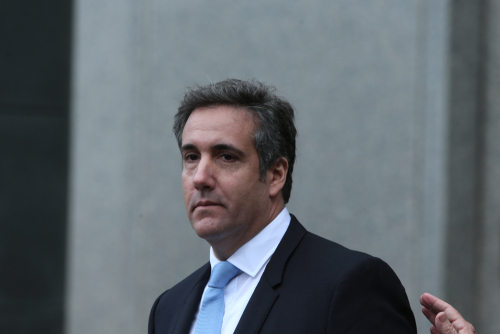Listen To Story Above
The White House’s recent directive for a critical infrastructure security review with state partnerships marks a prudent shift away from centralized control that often results in inefficient spending and mismanagement of public resources.
The current state of our election systems represents perhaps the most concerning example of infrastructure negligence. The non-partisan group United Sovereign Americans (USA) has uncovered alarming compliance failures at both state and federal levels through their analysis of official election records from 2020-2024, revealing serious issues with voter validation and vote counting accuracy.
Some have argued that reducing funding for the Cybersecurity Infrastructure Security Agency (CISA) would compromise election security. However, this narrative obscures CISA’s track record of undermining security by granting requirement waivers and engaging in censorship activities targeting conservative voices, actions that directly conflict with First Amendment protections.
A new whistleblower has revealed that the U.S. Secret Service is actively interfering in the election by informing Trump they couldn’t secure a rally for him in the critical state of Wisconsin.
Meanwhile, Kamala Harris recently held a rally in the same state, raising questions… pic.twitter.com/qQ5ST1jB4g
— Shadow of Ezra (@ShadowofEzra) September 25, 2024
Securing our complex voting systems requires establishing strict operational security boundaries first. Currently, widespread non-compliance with security protocols has left the system vulnerable. Officials have effectively made critical regulations like 15 CFR VII and 31 CFR VIII optional, creating dangerous supply chain vulnerabilities.
For foreign-sourced voting equipment, CISA must demonstrate that external components cannot be exploited by hostile actors to undermine American interests or enable corrupt political influence. The Committee on Foreign Investment in the United States (CFIUS) should review all system components. Simply checking for internet connectivity falls far short of the comprehensive threat assessment needed. CISA and CFIUS should have evaluated the entire election process through FISMA’s Risk Management Framework.
Proper Information Assurance would require thorough risk assessment at every stage of the election process, with dedicated IA officers at polling locations and vote processing centers. CISA’s responsibility includes maintaining a secure operational perimeter against evolving threats, both digital and physical.
Why are NO Republican governors or state legislators backing the President? We need to make elections secure again. There are multiple governors who want to be seen as being close to 47, but they’re not listening to him. It’s obvious election security will not be handled at the… https://t.co/xRSZDnFpRQ
— COL Conrad Reynolds (@ColonelReynolds) March 24, 2025
However, neither CISA’s required comprehensive security analysis nor state-level compliance protocols were properly implemented. USA’s investigation revealed 8.5 million questionable votes in major states during the 2022 midterms. California’s 2024 election data showed 35% of votes came from problematic voter registrations, affecting numerous congressional races.
Urgent investigation into election infrastructure security in key states is essential. The federal government must fulfill its constitutional duty to ensure republican governance and prevent external interference. In determining federal-state responsibilities, we must carefully consider whether we possess adequate resources to properly secure digital voting systems.






